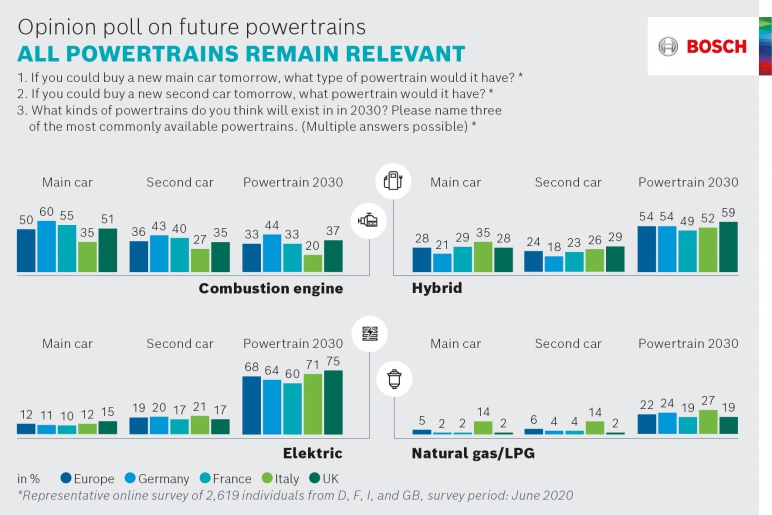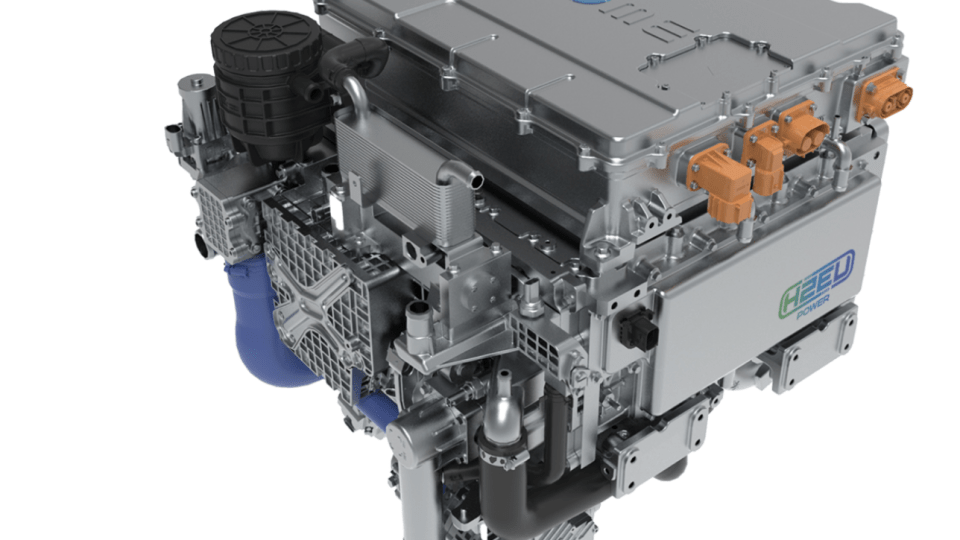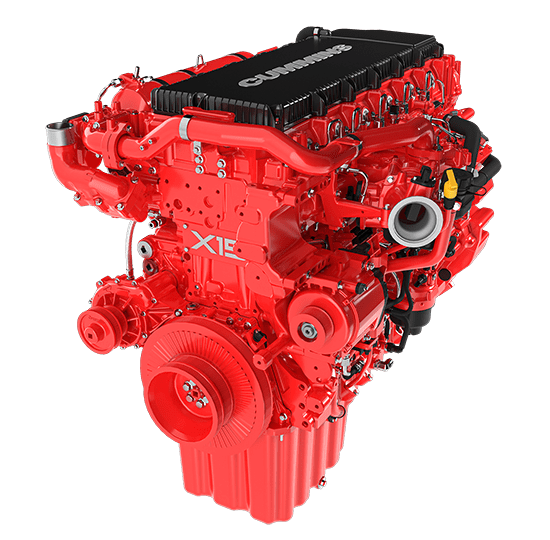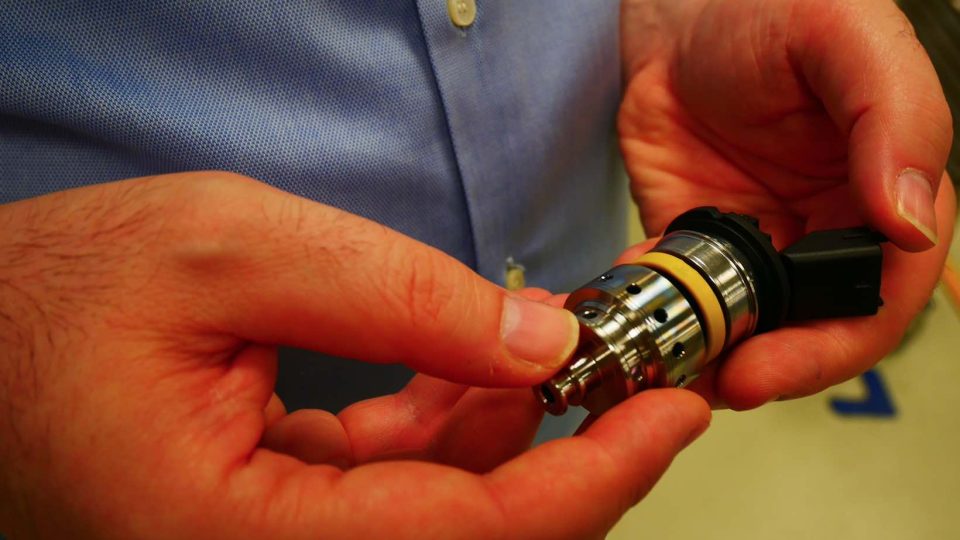Incentives and variety. According to Bosch, that’s what Europeans ask for the future of powertrain
Last year, Bosch polled Europeans in search of general opinions about the future of powertrain. In particular, the market research institute Innofact involved around 2,500 survey respondents in Germany, France, Italy, and the U.K. Before having a look at some of the most interesting trends that emerged, let’s recall the interview given by Mr Toyoda, […]
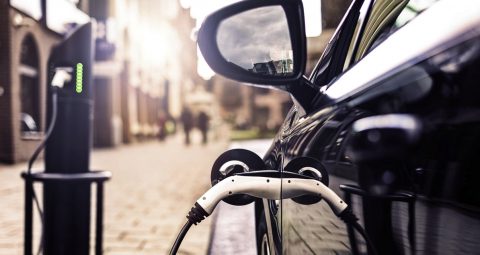
Last year, Bosch polled Europeans in search of general opinions about the future of powertrain. In particular, the market research institute Innofact involved around 2,500 survey respondents in Germany, France, Italy, and the U.K.
Before having a look at some of the most interesting trends that emerged, let’s recall the interview given by Mr Toyoda, CEO of Toyota, about the market trends of electric cars. The words spoken by such an authoritative manager contributed to open a lively debate about the topic, also mentioning some doubts about the actual ‘green’ development.
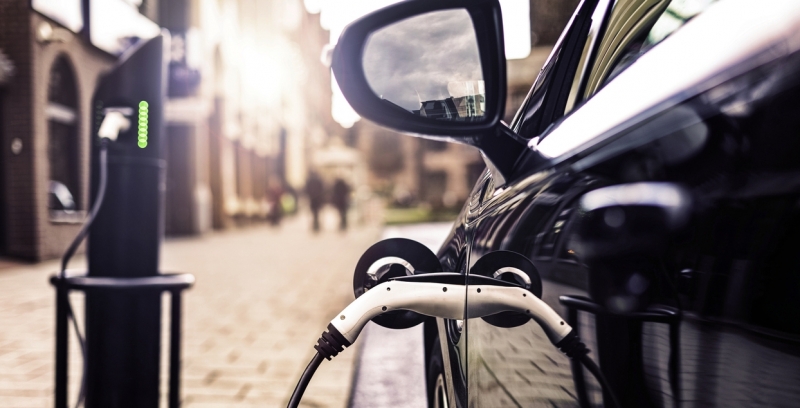
Bosch and the future of powertrain: more electrical by 2030
Back to the survey released by Bosch (we publish here also some infographics related to the poll), and trying to sum up a bit, 57 percent of respondents in Europe favor subsidizing RSF (renewable synthetic fuels). Also, electrical powertrain is expected to overtake combustion engines by 2030 (in less than 10 years, then). On the other hand, around two-thirds of Europeans polled do not want to live without cars.
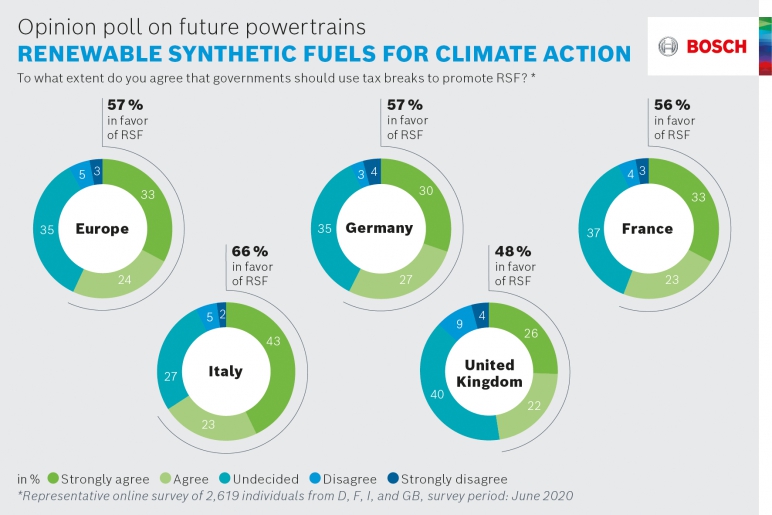
«If the 2,500 survey respondents in Germany, France, Italy, and the U.K. had to decide on a new car tomorrow, one in two would opt for a stand-alone combustion engine for their primary car and around one in three for their second car. However, when asked what would be the most prevalently used powertrain in 2030, some 68 percent of those polled see the electrical powertrain in pole position, ahead of hybrids and combustion engines. Survey participants acknowledged the potential of fuel cell-powered cars, with around one in three seeing the fuel cell as the future of mobility», stated Robert Bosch in the official press release.
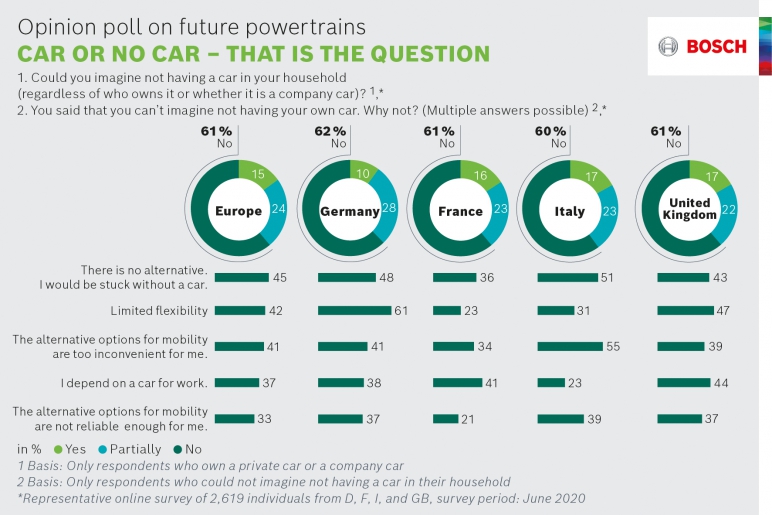
The ‘conventional’ Italy…
The number of respondents in favor of government incentives to buy new cars with a conventional powertrain is highest in Italy at 83 percent, and lowest in the United Kingdom at 60 percent. In France, 77 percent are in favor; in Germany, 62 percent. On average, 57 percent of those taking part in the Bosch survey agreed that RSF should benefit from tax breaks.
«Bosch aims to make transportation as resource-friendly as possible, and is pursuing the vision of CO2-neutral and virtually emissions-free mobility in several ways. In its approach to future powertrain technology, the supplier of technology and services is keeping an open mind. On the one hand, Bosch aims to become the market leader in electromobility with battery and fuel cell-powered vehicles», added the company.
